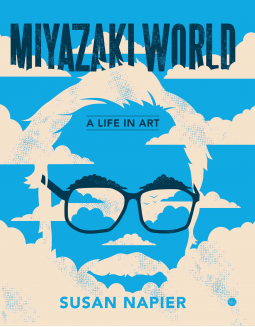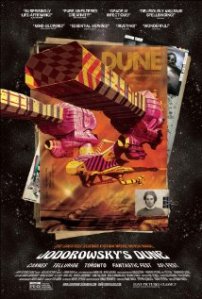A year after the COVID-19 pandemic delayed the release of Denis Villeneuve’s Dune, I finally had a chance to see this latest adaptation of Frank Herbert’s novel. Given Villeneuve’s work on Arrival and Blade Runner 2049, I fully expected his Dune – the first of two movies – to look gorgeous and feature excellent acting. Dune is a powerful cinematic experience, best experienced on the big screen (I saw it both on IMAX and HBO). It’s a cinematic epic that combines the majestic deserts of David Lean’s Lawrence of Arabia with the science fiction otherworldliness of Ridley Scott’s Alien.
As somebody who has not just read Dune several times but also published academic articles about it,* I can’t help but compare the film to the novel. I feel the loss of the scenes omitted from the film. I know that the book provides more detailed explanations for everything from why soldiers use swords to why nobody uses computers. The book suggests that the Harkonnens have red hair. Yet, despite all this, I also find myself agreeing with most of the film’s adaptation choices. This movie is recognizably Dune – or at least the first half of the novel – even while it is also recognizably a Denis Villeneuve movie.
As I rewatched Dune this weekend, I began to wonder: Why did Dune work as an adaptation, despite the differences from the book?
Continue reading “REVIEW: “Dune: Part One” by Denis Villeneuve”
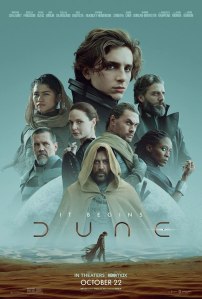

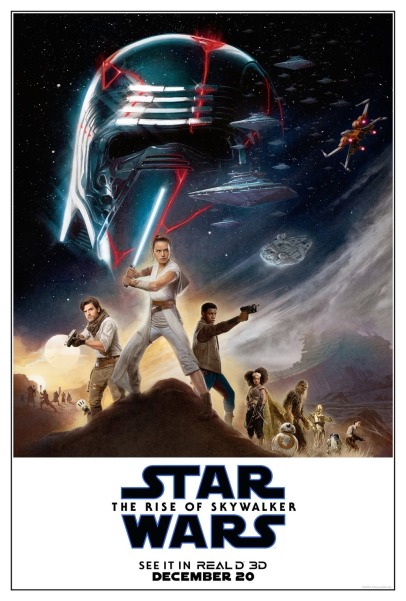 Writing movie reviews can be tricky because we can only judge a film based on what we see on screen. We can’t compare the movie we got with the one we might have gotten. Usually. With the leak of Colin Trevorrow’s
Writing movie reviews can be tricky because we can only judge a film based on what we see on screen. We can’t compare the movie we got with the one we might have gotten. Usually. With the leak of Colin Trevorrow’s  One thing I’ve been thinking about a lot during the coronavirus pandemic is loneliness. Most of us are in a state of lockdown or practicing social distancing. Loneliness is going to be a real
One thing I’ve been thinking about a lot during the coronavirus pandemic is loneliness. Most of us are in a state of lockdown or practicing social distancing. Loneliness is going to be a real 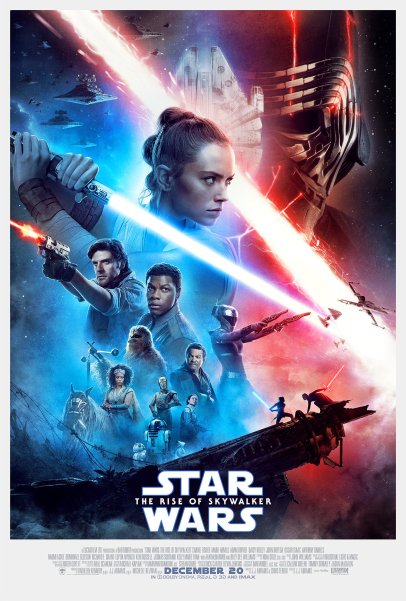
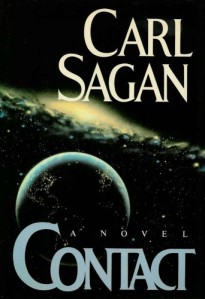 For me, the film version
For me, the film version 